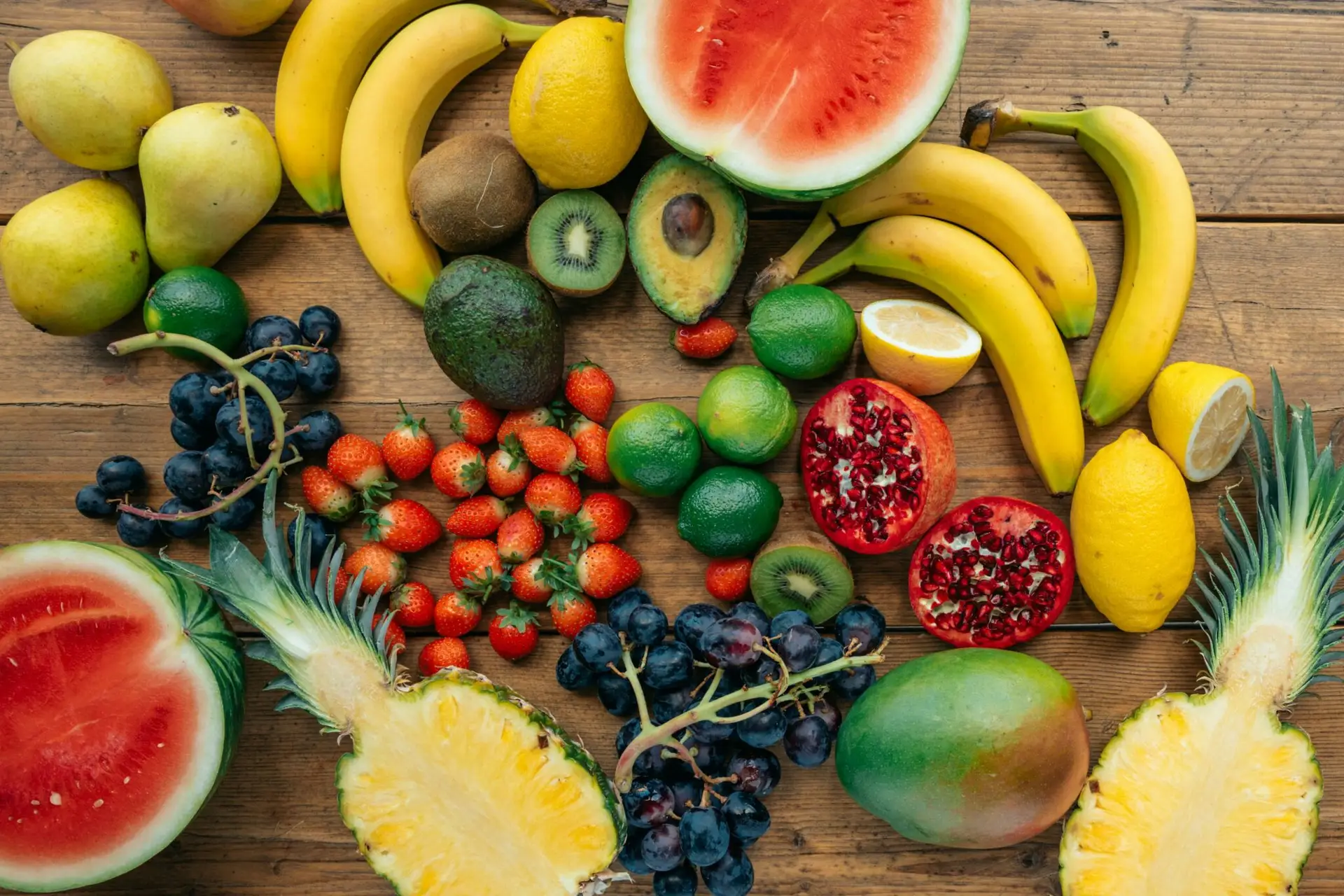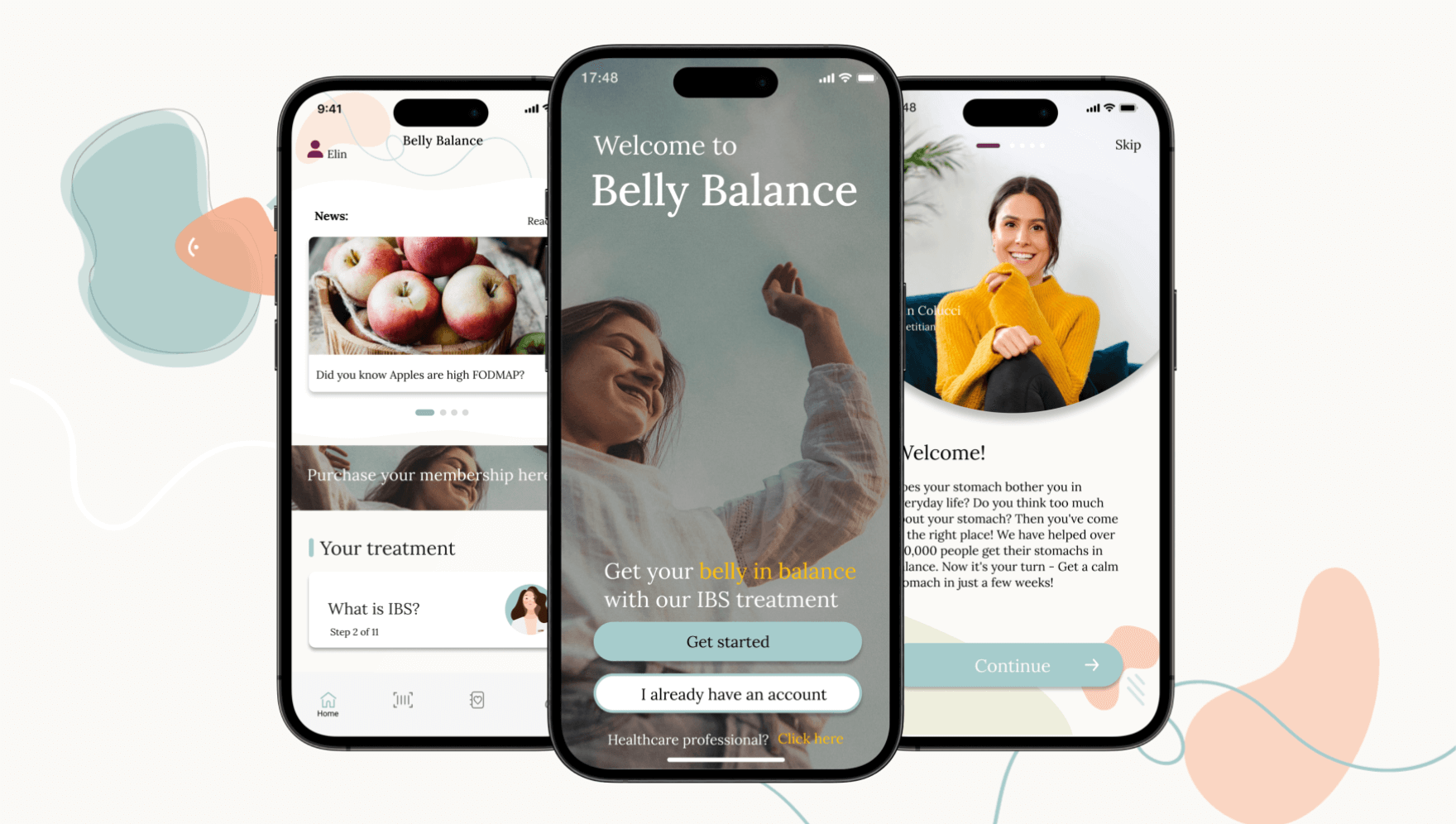
Sugar alcohols
Sugar alcohols are one of the members of the FODMAP family and are naturally found in some foods (such as certain fruits and vegetables) or used as sweeteners. Unfortunately, these can cause symptoms in our digestive system, especially in the case of IBS. There are seven sugar alcohols to watch out for when following the FODMAP diet: sorbitol, mannitol, maltitol, xylitol, isomalt, lactitol, and erythritol. Yes, you’ll notice that most of them end in -ol, which makes them a bit easier to remember.
Why are sugar alcohols problematic?
Only about a third of sugar alcohols are actually absorbed in the body, and the level of absorption depends on the type of sugar alcohol and the individual. When sugar alcohols are poorly absorbed, they move further down the system to the gut bacteria, which then ferment them rapidly. Sugar alcohols are also natural laxatives because they can attract water when they reach the large intestine, which in turn stimulates bowel movements. This is why some chewing gums and throat lozenges carry warnings about their potential laxative effects.
Where can we find them?
Sorbitol and mannitol occur naturally in a wide variety of fruits and vegetables. They can also be artificial and are often hidden in products such as candies, caramels, ice cream, jams, preserves, chewing gum, chocolate, protein powders, baked goods, dietary supplements, some medications, and throat lozenges. Pay extra attention to products labeled as sugar-free, as they often contain a sugar alcohol.
Keep an eye out for them!
Do you want to cook with flavors that support your gut health?
Sofia Antonsson
Reg. Dietitian, Belly Balance
Read more about

IBS - What is it?
Bloated , constipated or having a gassy stomach? IBS or Irritable Bowel Syndrome is a functional gastrointestinal disorder, meaning no physical issues can be found in the stomach or intestines; they just don’t function quite as they should.

How the app works
Download the app and become part of our community. We assist you in achieving a calm and happy stomach through treatment and tools available directly in the app.

About FODMAP
By learning which foods upset your stomach, you can make conscious choices and get quick symptom relief. With the low FODMAP diet, you receive structured assistance in understanding which foods your body tolerates better than others. No more guessing and pondering – you get the answer straight away!

